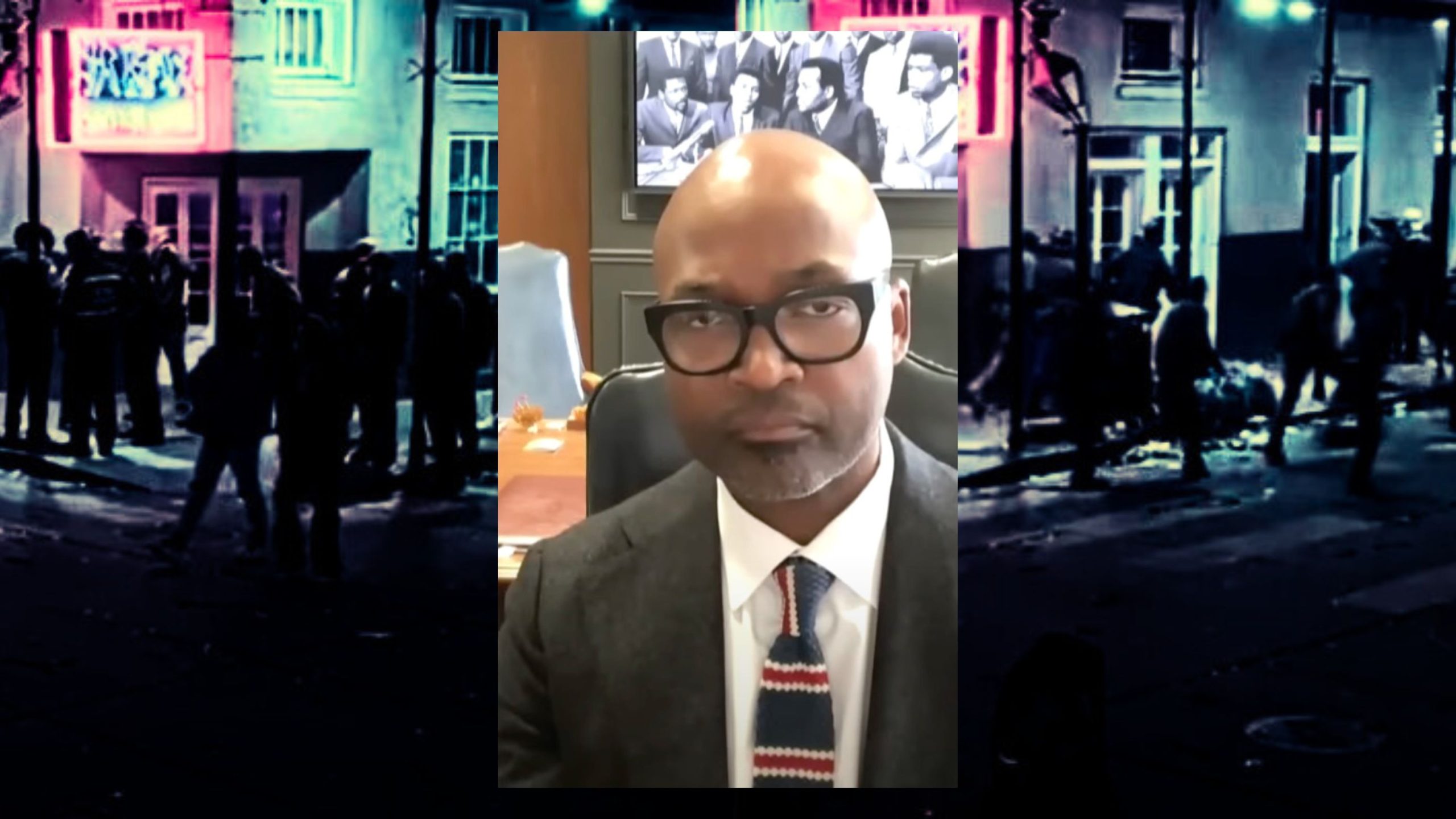Orleans Parish District Attorney Jason Williams has rekindled alarm over privacy and surveillance in the wake of a tragic New Year’s Eve terror attack in New Orleans. Drawing parallels to the sweeping changes implemented in the aftermath of 9/11, Williams hinted at a push for heightened monitoring measures across the city and beyond, citing European surveillance systems as a model.
The attack, carried out by 42-year-old Shamsud Din Jabbar, left at least 15 dead and 35 injured on Bourbon Street. Jabbar, driving a white pickup truck, plowed through a crowd of people before being killed in a confrontation with law enforcement. While authorities continue to investigate the incident, Williams took to the airwaves to outline what he believes is a necessary response: more pervasive surveillance.
Related: Germany Uses Magdeburg Christmas Market Attack to Justify Push for Biometric Surveillance Expansion
During an MSNBC interview, Williams argued that public safety at large-scale events necessitates a reevaluation of privacy norms. “Things are going to have to change,” he remarked, suggesting that Americans should prepare for a shift in how pedestrian spaces and vehicle access are managed during high-profile events. “I think you’re going to see things change in terms of the level of surveillance that we have in this country.”
Williams praised the widespread use of CCTV cameras in countries like the United Kingdom, which he described as proactive tools for identifying threats. “We push back against some of that,” he admitted but added that European cities demonstrate the effectiveness of such measures.
Critics argue that such systems have been employed overseas for purposes beyond security, including the tracking and monitoring of ordinary citizens. Privacy advocates worry that adopting similar strategies could infringe on civil liberties without guaranteeing enhanced safety.
Williams’s comments echo a broader debate over the balance between security and freedom, particularly in the United States, where privacy rights are constitutionally protected. His suggestion that New Orleans could serve as a testing ground for increased surveillance raises questions about the implications for other destination cities.
This push for expanded surveillance comes amidst broader concerns about the erosion of personal privacy in the name of security. While Williams framed his proposal as a practical response to modern threats, many worry that embracing such measures could set a dangerous precedent, reshaping public spaces into zones of constant monitoring.










